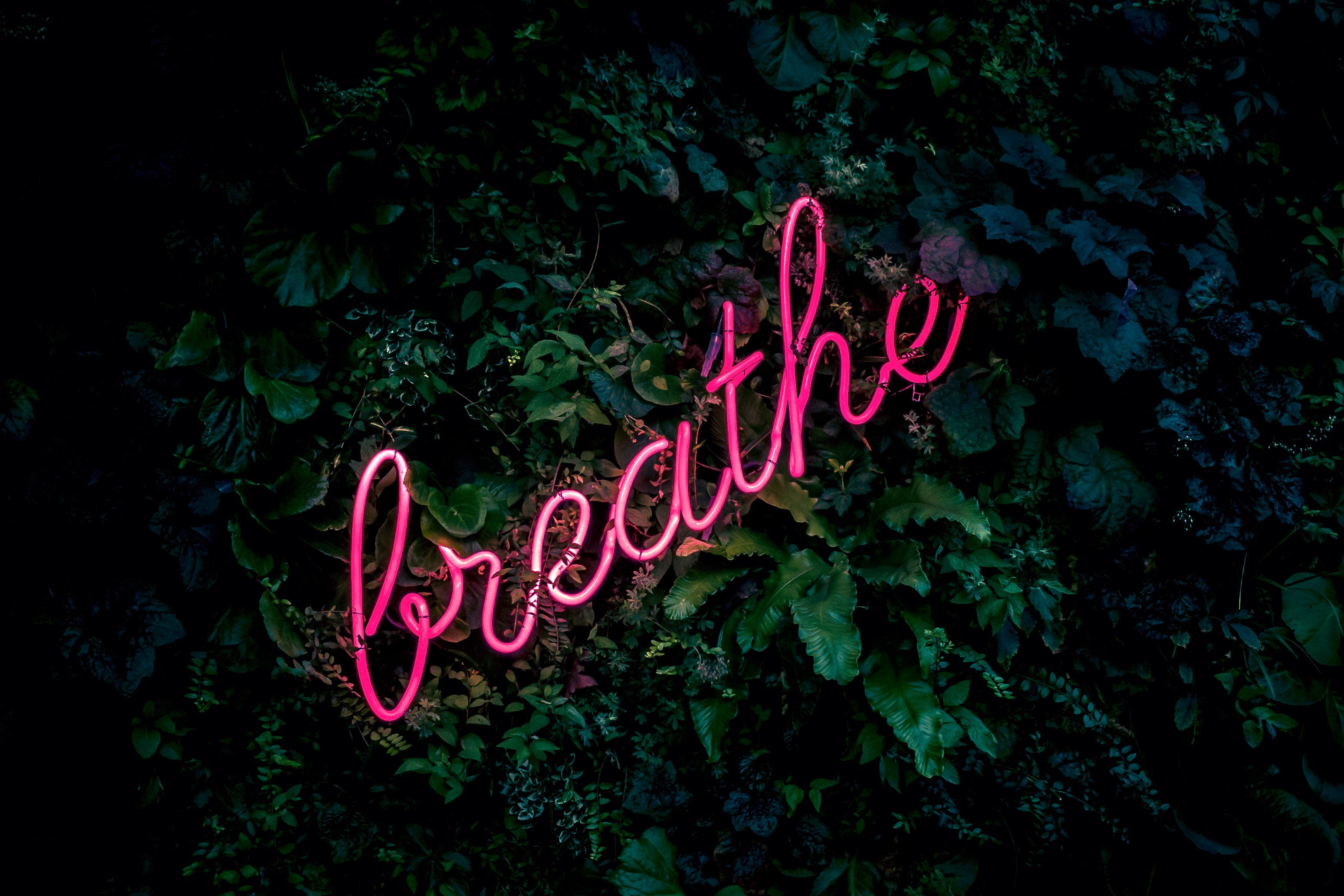Social Anxiety Without The Social Drinking: How I Found The Trick To Do It | Guest Post By: Kate Harveston

Everyone in my tribe knows I’m as introverted as they come. When the invitation for the annual holiday office party comes out in November, I mark my calendar — and start shaking in my boots. I never call, always text, and regard the morning meeting as the most distressing time of my day. Social anxiety? Yeah, I guess you could say I’ve got more than a touch of it. And for the longest time, I managed the disorder in the worst possible manner possible — through hitting the juice. It wasn’t until I sought help that I found healthier ways to cope when life demands I leave my home to mix and mingle.
What Is Social Anxiety Disorder?
Social anxiety disorder is a type of anxiety disorder that creates feelings of discomfort and panic when you need to engage in social activities. Many people experience stomach butterflies before giving a big presentation or attending a job interview. In social anxiety disorder, though, sufferers experience fear at the mere thought of interacting with strangers, and may suffer panic attacks as a result. Social anxiety disorder is far from uncommon. Approximately 15 million Americans suffer from the disorder, and 36 percent go undiagnosed for a decade prior to seeking treatment. Many develop the disorder in their preteens, perhaps because this correlates with the time of life when the awkward physical changes of puberty cause increased stress.
My Path to Self-Realization
Because the disorder is so often left untreated, I was far from alone in using booze to deal with social anxiety. According to the Anxiety and Depression Association of America, 20% of individuals who have social anxiety have a comorbid substance abuse disorder. Alcohol makes an easy choice, as it’s readily available and socially acceptable to use. Consider the ubiquitous popularity of the office happy hour. Society seems to demand relaxing on a Friday afternoon with a cold one or two and chatting about the week. Even when you use popular dating apps, chances are your Tinder match might invite you for a cocktail in a neutral location. Society sends a clear message — booze is wonderful when used in moderation. It soothes your nerves, it helps you relax and it makes it possible to deal with Barb in accounting, who never misses an opportunity to cut you subtly on your wardrobe choices. The problem occurs when alcohol becomes less of a one-or-two drink habit and more of a crutch. When I joined a community young professionals group where mixing and mingling was de rigueur, I started really relying on this crutch to make friends in a new and unfamiliar area. It got bad enough that I started carrying a flask with me to events and sneaking off to the restroom to drink more. Over time, what I considered my 5 p.m. pick-me-up became a heavy part of my routine every time I went out with friends. Understandably, my health began to suffer. I became mentally dependent on alcohol, and my head ached constantly. I developed a stomach ulcer at one point. My outlook on life grew dim. I began to wonder if running away deep in the forest and living in a cave would prove superior to trying to deal with the stress I felt in day-to-day life. I had been going to therapy for several years before all of this, and interestingly enough, my diagnosis of Borderline Personality Disorder came alongside the worst of my alcohol problems. So eventually, I made an appointment with a qualified dialectical behavioral therapist and began examining the thought processes which led me to make the choices I did. I learned how to reframe my thoughts — instead of thinking, “Nobody here really likes me or cares what I have to say,” I’d think, “I’m sure once people recognize my contributions, they will value them. Until then, I can offer friendship and support.” I’m not going to lie and say it was an easy journey. After all, I didn’t develop my self-defeating, negative thoughts overnight, so my therapist explained that time and practice were key. Just like you wouldn’t expect to quit working out for a year then go out and run a marathon, if you fail to practice techniques like thought-re framing regularly, you lose the progress you’ve made. It’s been an arduous process, but worth it to get my life back.
There Is Hope If You Treat Social Anxiety with Booze
If you’re currently using alcohol to cope with an anxiety disorder, there is hope. Here are some tips for finding help:
- Reach out. If you have an employee assistance team where you work, approach them if you feel comfortable doing so. You can also find free social anxiety support groups online and in-person in many locations. The same goes for substance abuse support groups like Alcoholics and Narcotics Anonymous.
- Suggest non-booze-related activities. Try to organize events that don’t revolve around alcohol as the primary diversion. Suggest other activities, such as meeting up after work for a spin class at a local gym instead of hitting the pub. Try to find mates who enjoy similar activities to make socializing easier.
- Get therapy. Different types of therapy work for unique needs. Traditional counseling involves delving deeply into the traumatic events that led to your social anxiety. Cognitive behavioral therapy and dialectical behavioral therapy, on the other hand, work by developing your awareness of negative thought patterns and actively working to change them.
You Can Socialize Without the Sauce
While it may seem daunting, if I can learn to socialize without hitting the bottle, you can, too. Reach out to get the help you need today. Your body, as well as your relationships with your coworkers and family, will thank you.
